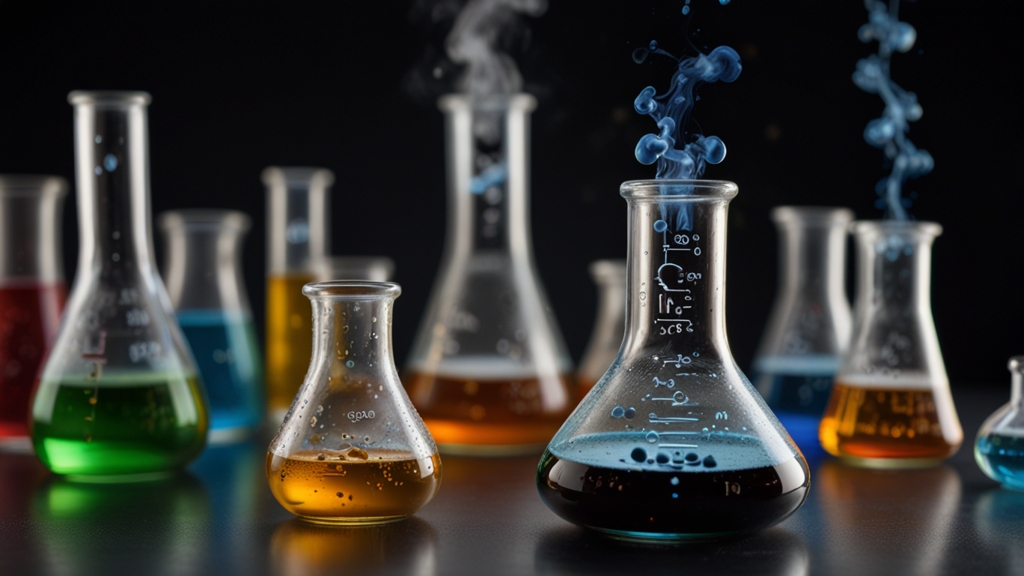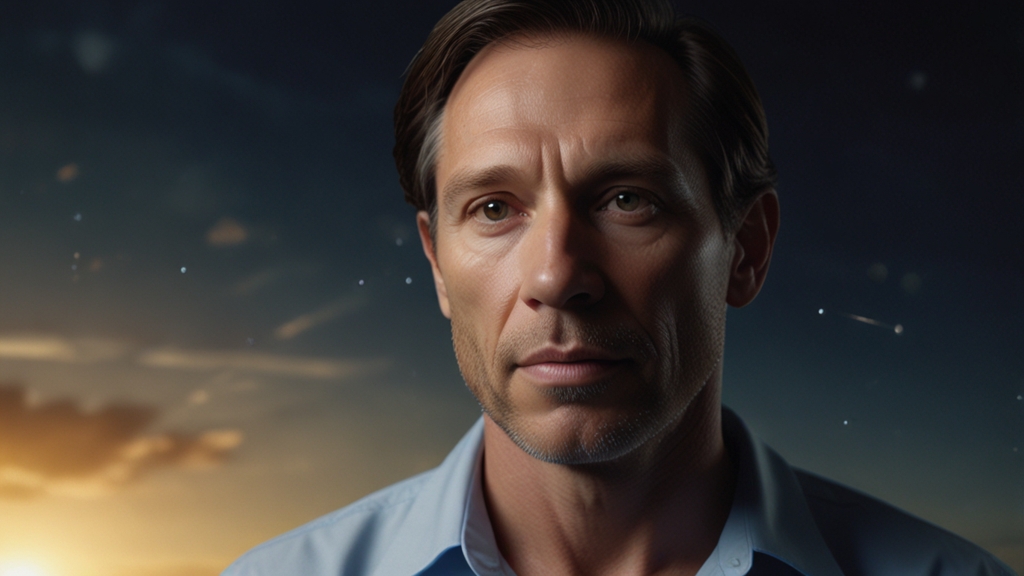Can Chemistry Predict the Future? The Science of Forecasting
Chemistry, often viewed as the central science, connects various scientific disciplines from physics to biology. While many people see chemistry as a field focusing solely on reactions in a laboratory, its potential extends far beyond. One intriguing aspect is its ability to forecast future events, trends, and breakthroughs. But can chemistry really predict the future? Let’s delve into the science of forecasting and understand how chemistry plays a pivotal role in it.
The Basis of Prediction in Chemistry
Forecasting in chemistry relies heavily on understanding patterns, trends, and behaviors of chemical substances and reactions. Predictive chemistry uses extensive databases, historical data, and advanced computational models to forecast outcomes. For example, chemists can predict the stability of a new compound, the likelihood of certain reactions, or the behavior of materials under specific conditions.
An example of chemical forecasting is in the development of new drugs. By predicting how different molecules will interact with biological systems, chemists can streamline the discovery and development process.
Materials Science and Future Technologies
One of the most significant areas where chemistry predicts the future is in materials science. New materials with unique properties can revolutionize industries, from electronics to energy storage. Chemists can forecast the success of new materials by analyzing their structural properties and performances in various conditions. For instance, the development of graphene and its predicted applications have been game-changers in multiple fields.
Moreover, predictive models in chemistry can also forecast the degradation of materials over time. This has crucial applications in industries where material longevity is vital, such as aerospace, construction, and healthcare.
Environmental Impact and Sustainability
Chemistry aids in predicting environmental changes and sustainability efforts. By understanding chemical reactions in the environment, scientists can forecast climate change impact, pollution levels, and the degradation of ecosystems.
Through predictive models, chemists can estimate the effects of pollutants and devise strategies to mitigate their impact, contributing to more effective environmental policies and cleaner technologies.
Artificial Intelligence and Machine Learning
Recent advancements in artificial intelligence (AI) and machine learning are enhancing the predictive capabilities of chemistry. AI algorithms can analyze vast amounts of chemical data to identify patterns and predict outcomes faster and more accurately than traditional methods. These technologies are being used to predict everything from reaction outcomes to the discovery of new materials and drugs.
For instance, AI-driven predictive models are helping chemists forecast the potential success rates of synthetic pathways, proposing the most efficient and cost-effective routes for chemical production.
Future of Chemical Forecasting
The future of chemical forecasting looks promising as interdisciplinary approaches and technologies continue to evolve. The integration of big data, AI, and advanced computational chemistry could lead to unprecedented predictive accuracy. This will not only speed up research and development but also minimize risks and costs associated with trial-and-error approaches.
Despite the advancements, it is essential to remember that while chemistry can provide highly accurate predictions, it is not infallible. Uncertainties and unforeseen variables can always arise, necessitating continuous refinement of predictive models.
Conclusion
Can chemistry predict the future? To a significant extent, yes. By leveraging extensive data, advanced computational models, and emerging technologies like AI, chemistry can forecast trends, behaviors, and outcomes with remarkable precision. This predictive power is transforming fields such as drug development, materials science, and environmental sustainability, paving the way for a future where informed decisions can be made more swiftly and effectively.
As we continue to push the boundaries of what is possible, the science of forecasting in chemistry will undoubtedly play a crucial role in shaping the future of innovation and discovery.









